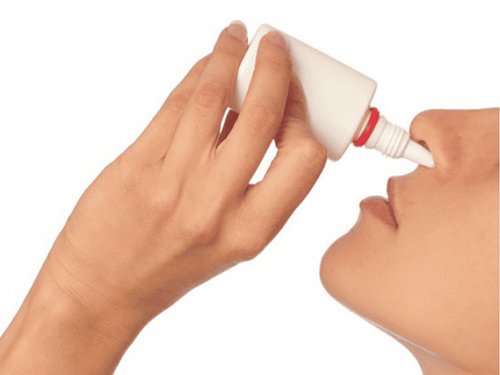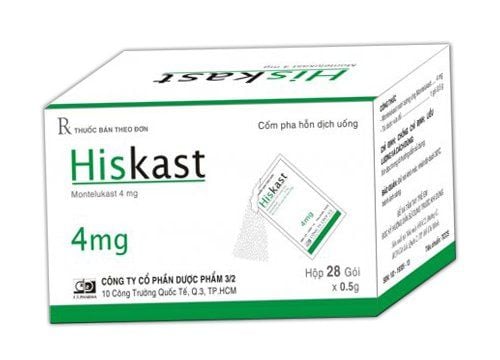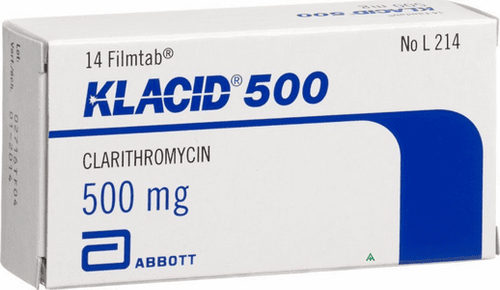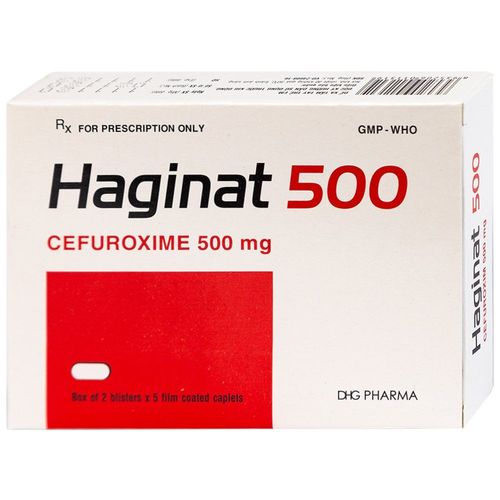This is an automatically translated article.
The article is professionally consulted by Master, Doctor Truong Thanh Tam - Pediatrician - Department of Pediatrics - Neonatology - Vinmec Danang International General Hospital. Dr. Tam has 15 years of experience working in the field of Pediatrics, participated in many national and international scientific conferences on pediatrics and participated in many short-term training courses. Her strength is in the diagnosis and treatment of hematologic pathology - Pediatric oncology, resuscitation, pediatric emergency.And resident doctor Duong Van Sy - Department of Pediatrics - Neonatology - Vinmec Hai Phong International General Hospital.
Acute laryngitis is a condition in which the larynx mucosa is damaged by bacterial and viral infections, often seen in young children in the cold season. Severe cases of laryngitis can be life-threatening if not treated promptly. So how to handle and care for children with acute laryngitis as well as measures to prevent the disease, when is it dangerous to take the child to the hospital?
1. Causes of acute laryngitis
Common pathogensViruses are: Influenzae (influenza), APC... Bacteria: S.pneumoniae (pneumococcus), Hemophilus influenzae Favorable conditions
After a period of upper respiratory tract inflammation: nasopharyngeal disease , lung disease, pharyngitis, VA in children. Using a strained voice: talking a lot, shouting, singing loudly... Reflux of the pharynx, larynx. Allergy.

2. Is acute laryngitis in children dangerous?
Acute laryngitis in children usually develops within 5-7 days and then goes away on its own if there are no complications, especially superinfection complications leading to co-infection with other infections, making resistance to disease. There is a serious decrease in children's health such as: ear infections, pneumonia... Therefore, parents need to closely monitor their children's signs of illness, especially signs of complications such as: ear pain, discharge from the mouth. Ears, breathing difficulties gradually increase...Acute laryngitis in children often happens quite dangerously, due to the characteristic that in children there is intense edema, while the airway size is small, only 1/ 3 compared to adults, the association in this region is quite loose, so it is easy to cause severe breathing difficulties and death in children. Sometimes the process of acute laryngitis will create abscesses - abscesses and then rupture, ulcers due to superinfection causing pus to spill into the air - bronchi, leading to tracheobronchitis, more severe pneumonia. In addition, the process of edema from the lower glottis spreads quickly to the air - bronchi, and at the same time, the lower respiratory tract mucosa secretes a lot of thick mucus, blocking the air - bronchi, causing shortness of breath. At this time, the child often suddenly has a high fever and severe shortness of breath, rapid breathing, slow breathing, and rales in the lungs. The disease progresses very quickly and is often fatal within 24 hours if left untreated.
3. Acute laryngitis in children when to be hospitalized?
The disease progressed quite abnormally, if it progressed in a good direction, shortness of breath would subside on its own after a few days. In the worst case, the breathing difficulty increases and the child will die within 24 hours if not treated promptly. The child's shortness of breath can be divided into 3 levels:Mild level: the child has a cough, hoarseness, a wheezing sound when crying, a hoarse cry. At this stage, the child does not need to be hospitalized, but parents should take the child to see a doctor for instructions on how to monitor the disease and treat it at home. Moderate level: child wheezing even when lying still, shortness of breath, rapid breathing. When noticing these symptoms, parents need to take the child to the hospital for early treatment. Severe level: child wheezing when lying still, severe shortness of breath, excited, struggling, pale skin. These are signs that the child has severe respiratory obstruction, which is life-threatening if not handled promptly. In summary, parents should take the child to a medical facility when the child has the following symptoms:
Increasing stridor, appearing even when the child is lying still. There are signs of shortness of breath, irregular breathing, rising and falling of the nose. Children feel very tired. Children show signs of opening their mouth when breathing and salivating. High fever over 39 degrees C, dry lips, dirty tongue, discharge from the ears (suspected superinfection) The laryngeal dyspnea does not subside after 3 days of home treatment.
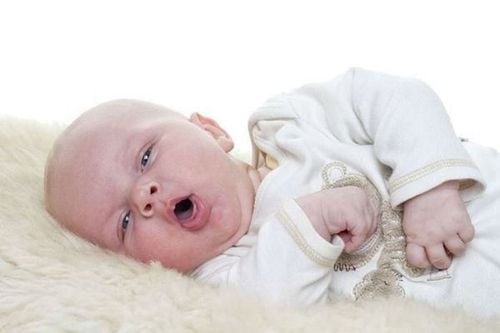
4. Caring for children with acute laryngitis
Reassure a scared child. Create a quiet environment for children to rest, abstain from talking, crying, and exertion.Give children plenty of warm water to drink, avoid using stimulant spices such as chili and pepper in food processing. Give your child the medicine exactly as directed by the doctor. At the same time supplementing nutrition to increase resistance for children.
Mothers can help children relieve uncomfortable symptoms by applying a towel soaked in warm water and then wringing it out, placing it in front of the child's neck while the towel is still warm. Steam in the bedroom with aromatic essential oils to clear the nose of children, drop nasal congestion, gargle ... to help children relieve pain, reduce cough and sore throat.
Monitor the child's disease symptoms, pay special attention to the child's breathing, body temperature, and general condition to promptly take the child to a medical facility when the child's condition worsens.
5. Prevention of acute laryngitis in children
Keep children warm in the cold season. Avoid direct contact with people who are suffering from upper respiratory tract infections, flu... Nutritional supplements help children increase resistance. Detecting acute laryngitis in children requires close monitoring to prevent worsening. When children have unusual signs of acute laryngitis, parents need to take the child to the nearest medical facility for timely diagnosis and treatment.As a key area of Vinmec Health system, Pediatrics Department always brings satisfaction to customers and is highly appreciated by industry experts with:
Gathering a team of top doctors and nurses in Pediatrics : consists of leading experts with high professional qualifications (professors, associate professors, doctorates, masters), experienced, worked at major hospitals such as Bach Mai, 108.. Doctors All doctors are well-trained, professional, conscientious, knowledgeable about young psychology. In addition to domestic pediatric specialists, the Department of Pediatrics also has the participation of foreign experts (Japan, Singapore, Australia, USA) who are always pioneers in applying the latest and most effective treatment regimens. . Comprehensive services: In the field of Pediatrics, Vinmec provides a series of continuous medical examination and treatment services from Newborn to Pediatric and Vaccine,... according to international standards to help parents take care of their baby's health from birth to childhood. from birth to adulthood Specialized techniques: Vinmec has successfully deployed many specialized techniques to make the treatment of difficult diseases in Pediatrics more effective: neurosurgery - skull surgery, stem cell transplantation. blood in cancer treatment. Professional care: In addition to understanding children's psychology, Vinmec also pays special attention to the children's play space, helping them to have fun and get used to the hospital's environment, cooperate in treatment, improve the efficiency of medical treatment.
Please dial HOTLINE for more information or register for an appointment HERE. Download MyVinmec app to make appointments faster and to manage your bookings easily.





